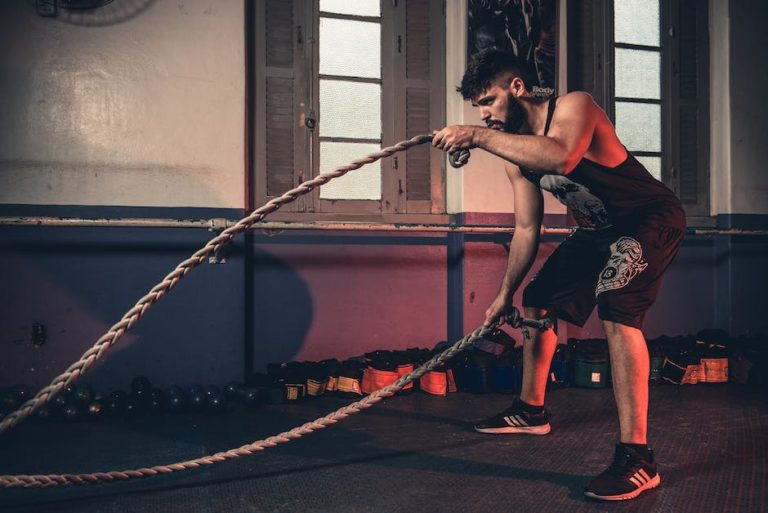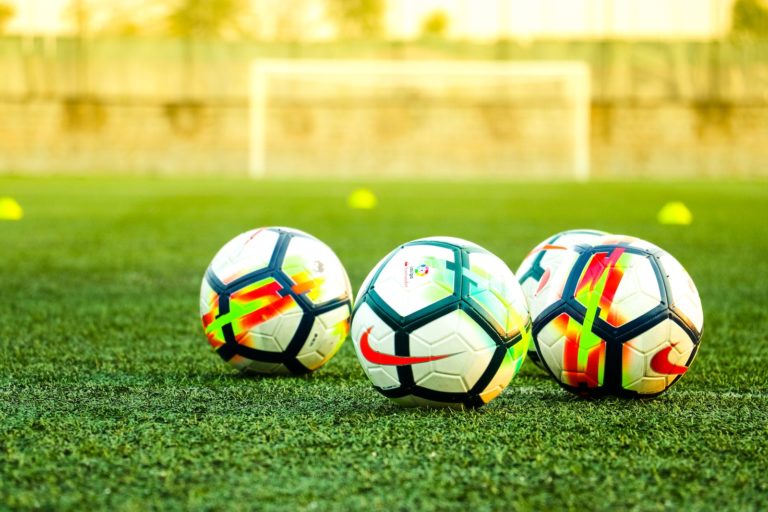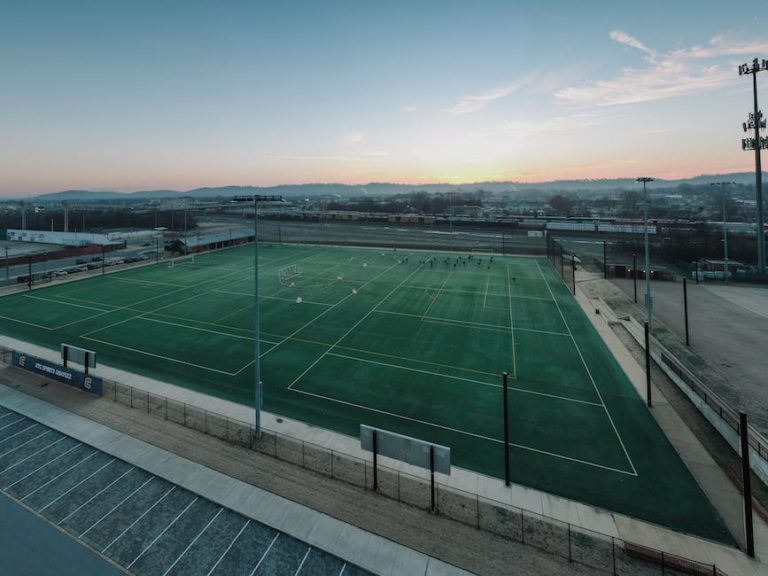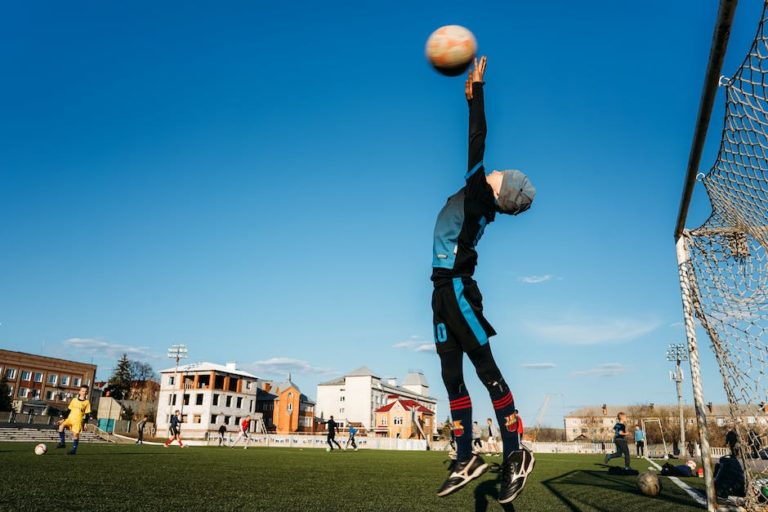How To Plan Individual Soccer Training Sessions
Early childhood education and development focuses on developing skills and knowledge through play. This is an important way to develop child self-confidence and ability. Sports, like all activities, have a learning component that goes into the preparation and creation of curriculum.
Sports offer children the opportunity to learn new things and be involved in a noncompetitive environment. There are many rewards for participating in sports including playing time, team work, achievement standards, and being part of a community.
Children who are not yet confident playing soccer can use an individual training session. This allows them to develop their confidence on the field or court without being subjected to competitive training conditions or scores of other children.
Team sessions can be difficult for some children to get out of their heads and away from what they are concerned about happening to them. It is helpful to have help from teammates or professionals in order to keep focus.
Establish a fitness baseline
In the early stages of your training, you should have your player establish their fitness level by doing some easy walking or swimming. This lets them get a feel for their current level and helps her determine what level of exercise is best for her.
Doing some easy walking or swimming. This lets her get a feel for his current level and helps him determine what level of exercise is best for him. In the early stages of training, you should have your player establish a fitness baseline. This includes doing some easy walks or swimming, as well as more complex movements such as squats and lunges.
During the more advanced stages of training, you should have your player do more complex movements such as squats and lunges.
Keep it challenging but realistic
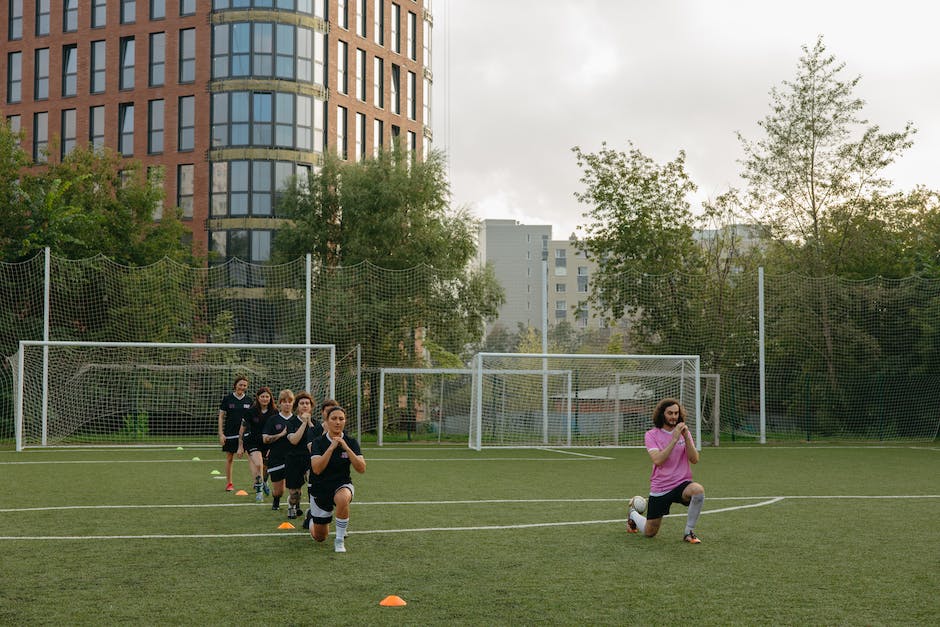
Most coach and player alike believe that you have to run the players ragged to achieve your goals. This is one of the reasons that professional soccer training is so hard to achieve in a week or even a month.
Professional training sessions take weeks or months to complete as they are designed to be structured and challenging. This is also true for individual training sessions.
What you can do is keep the sessions short but make them realicrly challenging. For example, if you want your player to improve his passing accuracy by 10%, then make it a 10% increase in score or difficulty in the game or practice session.
This will keep your candidate motivated and feel like they are making progress every session. By being realistic about what they can achieve, coaches can create more motivation in their players.
Plan for progress, not perfection
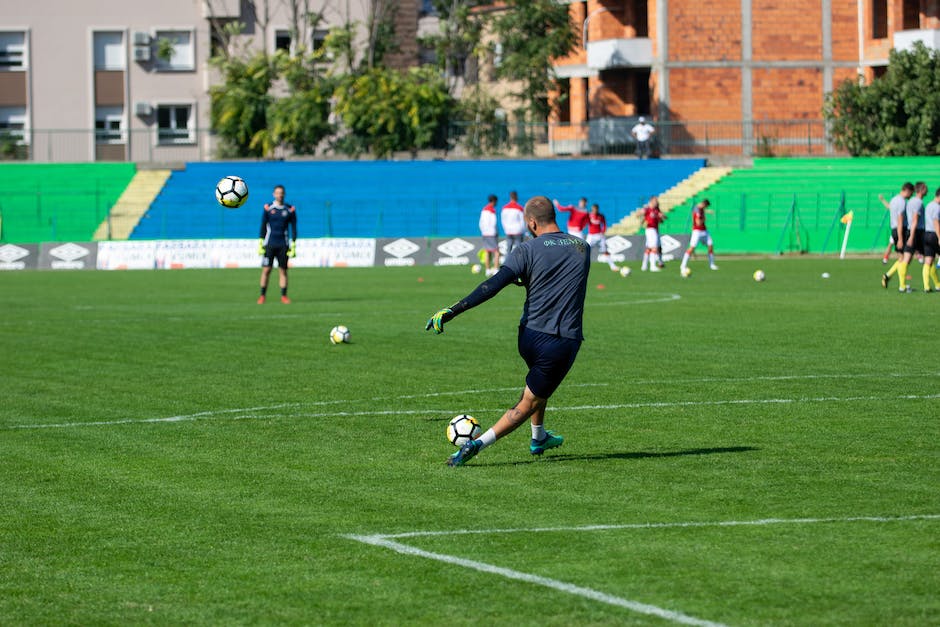
While it’s important to focus on your training, never let your expectations be higher or lower. Too much pressure can lead to poor practices and injuries, not to mention decreased motivation and enthusiasm.
Weeks can turn into months as you continue to work on the same concepts and skills, so it is important to recognize when you have gone too far.
Keep in mind that this is a game of practice, not a medical emergency management class. If you feel like you have reached a point where further practice is necessary to correct the problem or maintain health, then go for it!
The most important part of individual training is learning how to recognize skill progress and need for improvement.
Incorporate variety
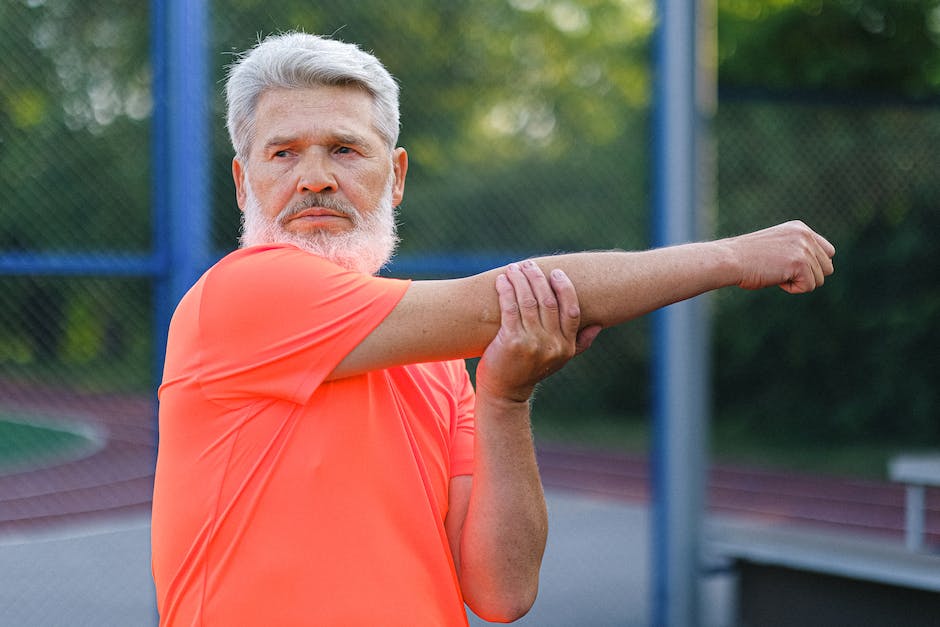
Having variety in your training sessions means having options when it comes to what you should be doing before, during, and after your practices and games. This may seem like an extra expense, but it can pay off in the long run.
Having a variety of exercises and a short amount of time to practice them is cost-effective. You will get your work in and feel good about what you are doing, as there are always going to be some skills that you need to learn on a regular basis.
Cost-wise, this is probably not too much more than having one session per day with all the same things as above. You may even get some benefits from the variation in what you do!
Having options for training allows you to cover more on your soccer date, so try being helpful with the other players if this is relevant to your game.
Match tactics to tactics
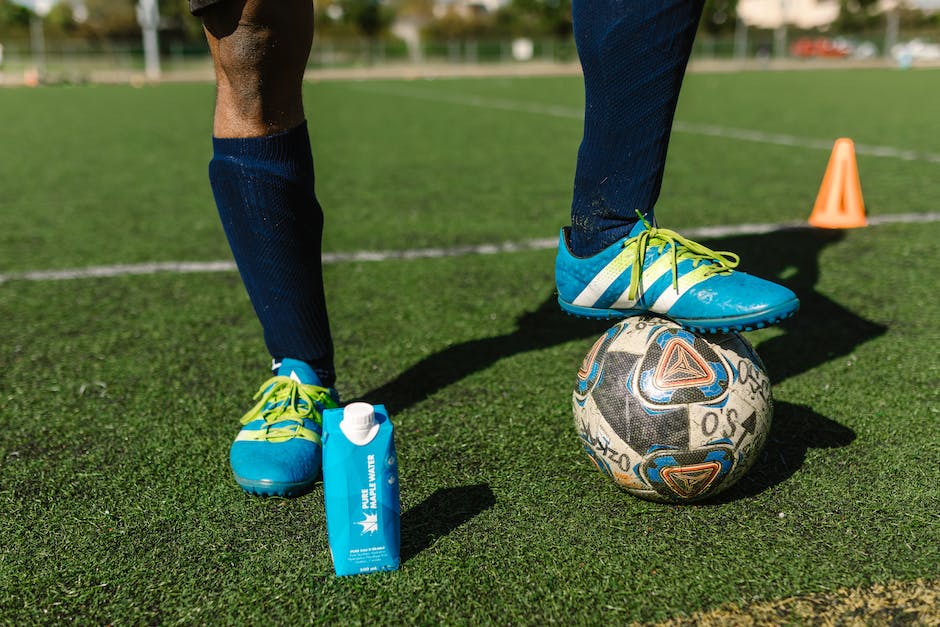
If your child is learning the basics of how to play soccer, it’s important to have a good system for learning match tactics. This includes knowing the different positions on the field, what each one can do, and what they should or shouldn’t be worried about.
There are many articles and tips to help you learn this. Some include going into the specifics of how each position is decorated with clothing, what they can do, and what they should or shouldn’t be worried about.
Learning match tactics is a process. It takes time and effort to have all of your matches with your team organized into a system. It helps future matches go better as well if you have an understanding of what happened earlier in the game.
Consider individual weaknesses
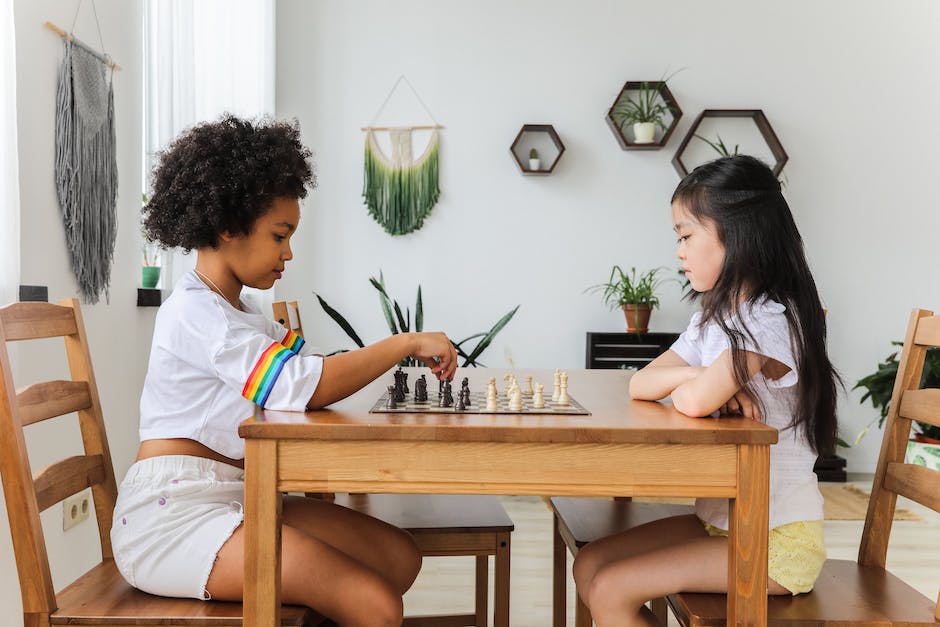
When planning a session, the coach or parent should consider the athlete’s weaknesses.
Does the athlete have a weakness that could be exploited by one of the other players on the team? If so, then this other player can help them out during the session. Or does the athlete have a weakness that could be exploited by no one else? In those cases, then this other person cannot help them out as they would not be aware of what they were trying to do.
Consider all your potential athletes before you start class. Make sure they are aware of all the rules and regulations of soccer and give them an opportunity to learn how to play on their own.
Make them feel special

If you want your students to like soccer, they have to enjoy the training sessions. You need to create fun, enjoyable and challenging practices that make them feel special. This is important because if they start looking forward to their practices, you will get more players working together and playing as a team.
Make sure your students receive rewards for good performance and don’t forget to give them time off when they spend enough hours playing the sport. Playing soccer is a fun way to spend time together during school holidays and summer.
It is important to give your players space during practice but don’t make them feel crowded. Only have one student per team and don’t make rules about pass times or positions – this only puts pressure on the players, it makes them feel like they must meet standards or be excluded from playing.
Keep them engaged
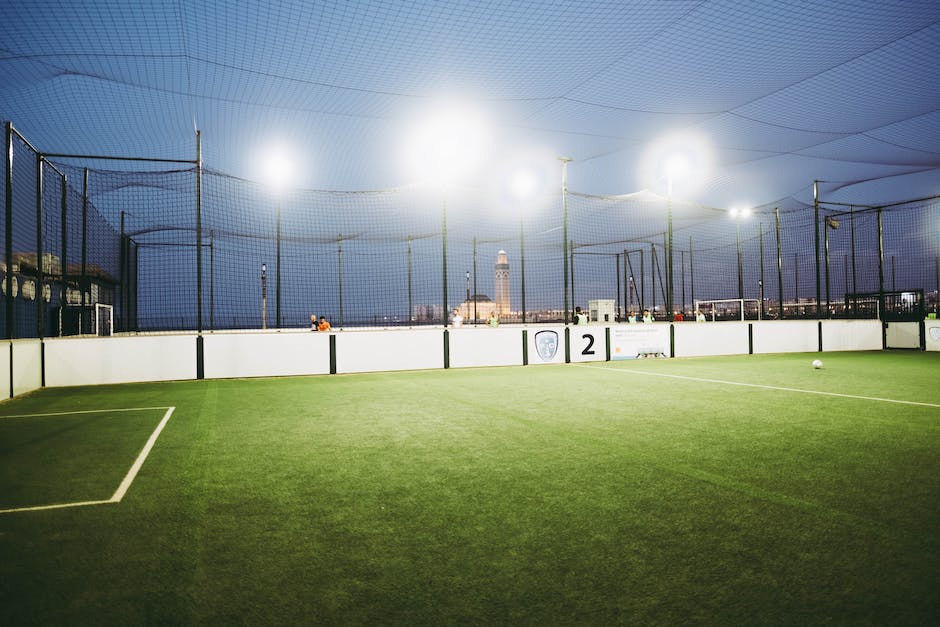
It can be difficult to keep your children engaged in their soccer training sessions if you need to make a stop for something or if the session needs to change into a game.
This is why it is important to have a game or practice scheduled every day, even if it has to be modified into a training session. This will help them feel connected to the program and keep them engaged in their training.
Having games and practices on weekends can be nice, but should be planned out well. Sunday should be the only day of the week that they play, the practice, and the game should be scheduled for Monday.
Having games and practices on weekends can be nice, but should be planned out well. Sunday should be the only day of the week that they play, the practice, and the game mustbe scheduled for Monday.


